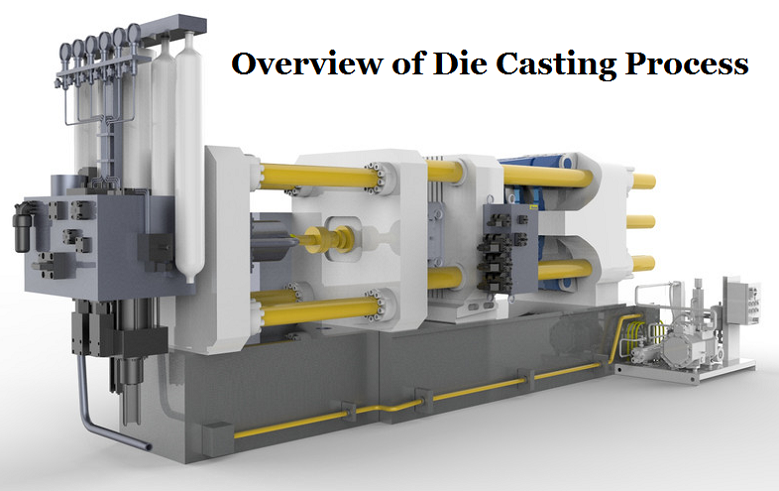
Integrated 3-spoke wheel for MTB with CNC machining &surface treatment

Magnesium alloy die-casting parts&components for e-bike

Magnesium alloy die-casting rigid fork for bike

Детали и компоненты велосипеда из магниевого сплава для детского велосипеда-толкателя

Customized foundry products e-bike components magnesium alloy wheel

OEM high pressure die casting magnesium alloy wheel for e-bike

Customized foundry products high precision die-casting parts for e-bike integrated frame

Magnesium alloy foundry parts bicycle frame CNC machining & surface finishing

Корпус силового теста из магниевого сплава Thixomolding

Magnesium alloy die-casting parts&components for e-bike

Тиксомолдинговые детали из магниевого сплава для корпуса кислородной аспирационной машины

Литье под давлением сплава марганца Тиксоформование металлических деталей

Литой под давлением сплав марганца Thixomolding шлем

Литье под давлением сплава марганца Тиксоформование металлических деталей

Корпус силового теста из магниевого сплава Thixomolding

Литье под давлением сплава марганца Thixomolding металлические скобы

 0086-750-5616188
0086-750-5616188 +86 13392089688
+86 13392089688 sales@zhongmei-tech.com
sales@zhongmei-tech.com







